Maintaining good oral health is crucial not just for a bright smile but for your overall well-being. Whether you’re dealing with wisdom teeth, considering teeth whitening, or simply wondering about your brushing routine, you’re not alone—these are common concerns that many people have. That’s why we’ve compiled this comprehensive list of 50 frequently asked questions about tooth health, covering everything from wisdom teeth removal and tartar buildup to teeth whitening, dental hygiene habits, and tooth pain.
This FAQ guide is designed to provide quick, accurate answers backed by dental health best practices. Whether you’re preparing for dental surgery or just trying to understand why your teeth look yellow despite regular brushing, you’ll find expert-level guidance here.
Read through the sections below or use the categorized list to jump directly to your question. These answers aim to educate, guide, and help you make informed decisions for better oral health.
Let’s get started with your most pressing questions.
Wisdom Teeth Removal
What to eat after wisdom teeth removal?
Stick to soft, non-chewy foods like mashed potatoes, yogurt, pudding, applesauce, and smoothies (without a straw) for the first few days. Avoid hot, spicy, or crunchy foods.
How long does wisdom teeth removal take?
The procedure typically takes 45 minutes to 1 hour for all four teeth. A single tooth can often be removed in about 15–20 minutes.
How much does wisdom teeth removal cost?
The cost can range from $75 to $200 per tooth for simple extractions and $225 to $600 per tooth for surgical extractions. Costs may vary based on complexity and location.
How long after wisdom teeth removal can I eat?
You can eat soft foods after the first few hours, but avoid hard or chewy foods for at least 3 to 7 days. Follow your dentist’s guidance.
How long does it take for wisdom teeth to heal?
Initial healing occurs within a week, but full recovery can take up to 2–3 weeks, especially if stitches or bone removal were involved.
What can I eat after wisdom teeth removal?
Eat soft and nutritious foods like scrambled eggs, mashed vegetables, smoothies, soup (lukewarm), oatmeal, and pasta. Avoid anything hard, spicy, or acidic.
Does everyone get wisdom teeth?
No, not everyone develops wisdom teeth. Some people may have none, while others may have one to four or even more in rare cases.
How long do wisdom teeth take to heal?
Most people heal in 7 to 10 days, though complete tissue healing may take a few weeks. Avoid smoking and intense physical activity during recovery.
How many wisdom teeth can you have?
Most people have four wisdom teeth (one in each quadrant), but some may have fewer or extra ones called supernumerary teeth.
How to speed up wisdom teeth recovery?
Use cold compresses, take prescribed medications, eat soft foods, rest, and avoid smoking and sucking through straws to promote healing.
When can I use a straw after wisdom teeth removal?
Avoid using straws for at least 7 days after surgery to prevent dry socket, a painful condition caused by dislodging the blood clot.
Can I brush my teeth after wisdom teeth removal?
Yes, but be gentle. Wait 24 hours before brushing near the extraction site. Avoid vigorous rinsing or spitting for the first day.
How long does wisdom teeth pain last?
Pain usually lasts 2–4 days and gradually subsides. Persistent or increasing pain after day 4 may indicate infection or dry socket.
What to do after wisdom teeth removal?
Rest, apply ice packs, take prescribed medications, eat soft foods, and avoid strenuous activity and smoking for at least a few days.
How long after wisdom teeth removal can I smoke?
Avoid smoking for at least 72 hours, ideally up to a week, to prevent dry socket and promote proper healing.
How long is wisdom teeth surgery?
Surgery typically lasts 30 to 60 minutes, depending on the number and positioning of the teeth being removed.
How to sleep after wisdom teeth removal?
Sleep with your head elevated using pillows. Avoid sleeping on your side and keep your head above your heart level to minimize swelling.
What does wisdom teeth pain feel like?
It may feel like dull aching or sharp pain at the back of the mouth or jaw, possibly radiating to the ears or head.
Can wisdom teeth cause jaw pain?
Yes, impacted or infected wisdom teeth can cause jaw stiffness, pain, and even difficulty opening the mouth.
Teeth Whitening & Cleaning
How to remove tartar from teeth?
Only a dental professional can fully remove tartar using scaling tools. Brush twice daily, floss, and use tartar-control toothpaste to prevent buildup.
Does coconut oil whiten teeth?
There is limited scientific evidence. While oil pulling may reduce bacteria and plaque, it doesn’t significantly whiten teeth.
How much does teeth whitening cost?
In-office whitening costs $300–$1,000, while at-home kits range from $20–$100. Custom trays from a dentist cost $150–$400.
Can hydrogen peroxide whiten teeth?
Yes, in low concentrations. Many over-the-counter whitening products contain hydrogen peroxide. High concentrations should only be used under professional guidance.
What are crowns for teeth?
Crowns are caps placed over damaged or decayed teeth to restore strength, shape, and function. They’re made of metal, porcelain, or ceramic.
When do your wisdom teeth come in?
They typically erupt between the ages of 17 and 25, though this can vary depending on genetics and dental development.
Do teeth whitening strips work?
Yes, most strips contain peroxide-based bleaching agents that can lighten teeth by a few shades with consistent use.
How long does teeth whitening last?
Results can last 6 months to 2 years, depending on your oral habits, diet, and whether you smoke or consume staining foods/drinks.
How to remove brown stains from teeth naturally?
Try baking soda with water, hydrogen peroxide rinses, and maintaining good oral hygiene. Professional cleanings are most effective.
Oral Hygiene & Habits
Why are my teeth yellow when I brush them every day?
Yellowing may result from enamel thinning, dietary staining, smoking, or genetics. Brushing alone may not remove deep stains or address enamel wear.
How many teeth does a child have?
Children usually have 20 primary (baby) teeth, which start appearing around 6 months and fall out by age 12.
How to get rid of white spots on teeth?
White spots may be treated with fluoride treatments, microabrasion, remineralization therapy, or dental bonding depending on severity.
Is gum bad for your teeth?
Sugar-free gum can actually help prevent cavities by increasing saliva flow. Sugary gum, however, can promote tooth decay.
Should I brush my teeth before using whitening strips?
Yes, brushing removes plaque, which helps the strips adhere better to the tooth surface for improved results.
What happens if you don’t brush your teeth?
Neglecting brushing leads to plaque buildup, cavities, gum disease, bad breath, and eventually tooth loss.
Can wisdom teeth cause headaches?
Yes, especially if impacted or infected. The pressure or inflammation can radiate pain to nearby areas like the head and temples.
Do you brush your teeth after whitening strips?
Wait at least 30 minutes after removing the strips before brushing. Use a soft toothbrush to avoid irritating sensitive enamel.
Should you rinse after brushing teeth?
For maximum fluoride benefit, don’t rinse immediately after brushing. Spit out excess toothpaste, but avoid rinsing with water for 30 minutes.
Why do my teeth hurt when I bite down?
This could indicate a cracked tooth, cavity, gum disease, or a dental abscess. It’s important to see a dentist for diagnosis.
Dental Procedures & Costs
What age do wisdom teeth come in?
Wisdom teeth usually erupt between ages 17 and 25, though some people may never develop them.
Why do we have wisdom teeth?
They were useful for our ancestors’ coarse diet. Today, they’re considered vestigial and often lack space to erupt properly.
Can wisdom teeth grow back?
No, once removed, they don’t grow back. However, supernumerary molars (extra teeth) may be mistaken for regrowth.
How much does a full set of teeth implants cost?
A full-mouth restoration with implants can cost $20,000–$50,000 or more, depending on materials, location, and provider.
Why are they called wisdom teeth?
They usually emerge in late adolescence or early adulthood, a time traditionally associated with gaining wisdom.
How many teeth do kids lose?
Children lose 20 baby teeth, typically between ages 6 and 12.
How much are teeth implants?
A single tooth implant costs around $3,000–$6,000, including the crown and surgical placement.
How much is a teeth cleaning?
Professional cleaning costs range from $75 to $200, depending on whether it’s a regular or deep cleaning.
Can I drink coffee after wisdom teeth removal?
Avoid hot drinks like coffee for 24–48 hours post-surgery, as heat can dislodge clots. After that, consume only lukewarm coffee.
Can you eat after filling teeth?
You can eat as soon as the numbness wears off if a composite filling was used. Wait at least 24 hours for amalgam (metal) fillings.
Tooth health can feel overwhelming, especially when symptoms, advice, and product options vary so widely. But with the right information, you can confidently navigate everything from wisdom tooth recovery to proper daily care routines. We hope this guide has answered your top questions and clarified any confusion you had.
Still have questions about oral care or dental procedures? Don’t hesitate to consult a licensed dental professional for personalized advice—especially when it comes to procedures like implants, fillings, or ongoing pain.
If you found this FAQ helpful, feel free to share it or bookmark it for future reference. Oral health is a lifelong journey, and staying informed is one of the best ways to protect your smile.
Stay consistent with your care—and keep those questions coming.
💬 Got more questions or something to share? Drop your thoughts in the comments—we’d love to hear from you!
📌 Disclaimer: This content is intended for educational and informational purposes only and should not be considered a substitute for professional dental or medical advice. Always consult with your dentist, oral surgeon, or licensed healthcare provider regarding your specific condition, treatment options, or recovery process.

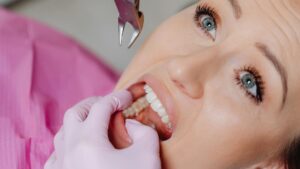





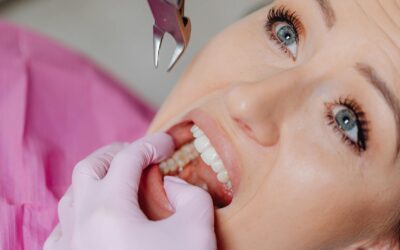

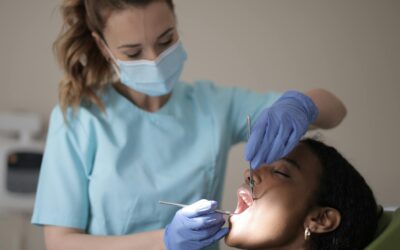


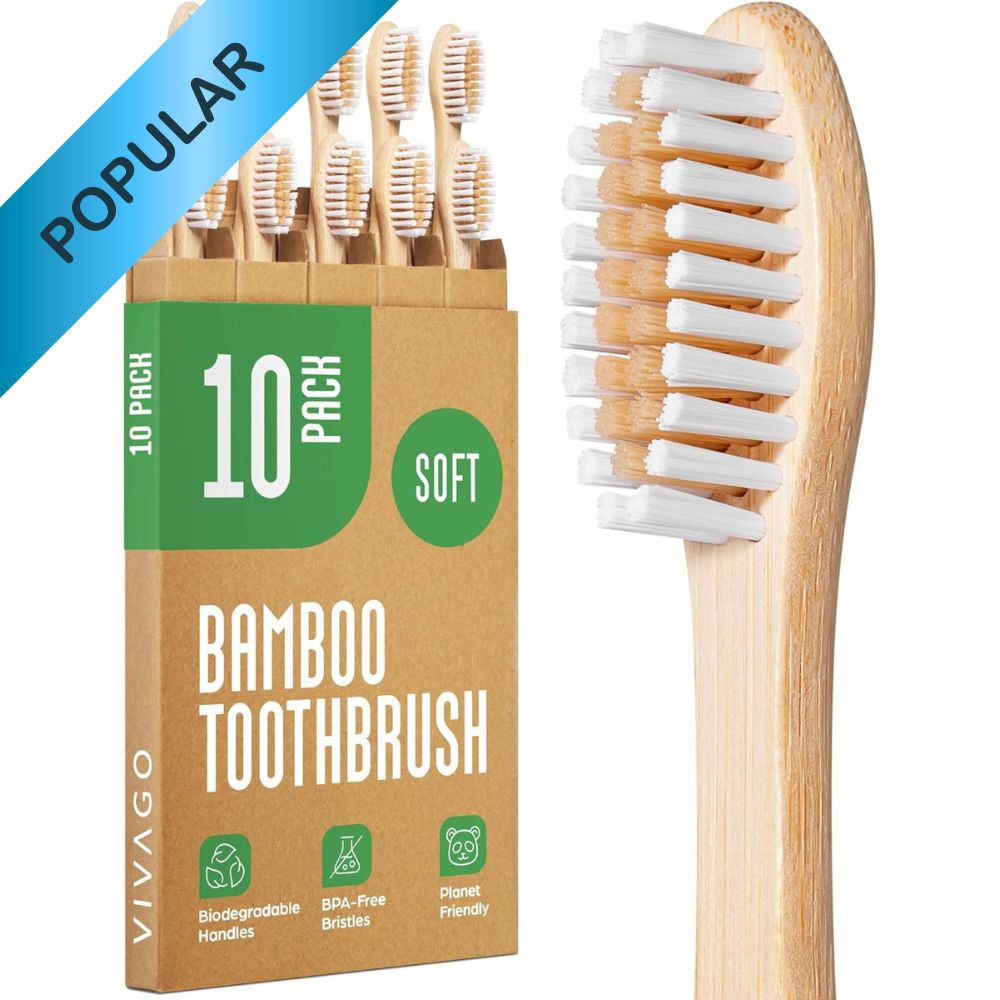




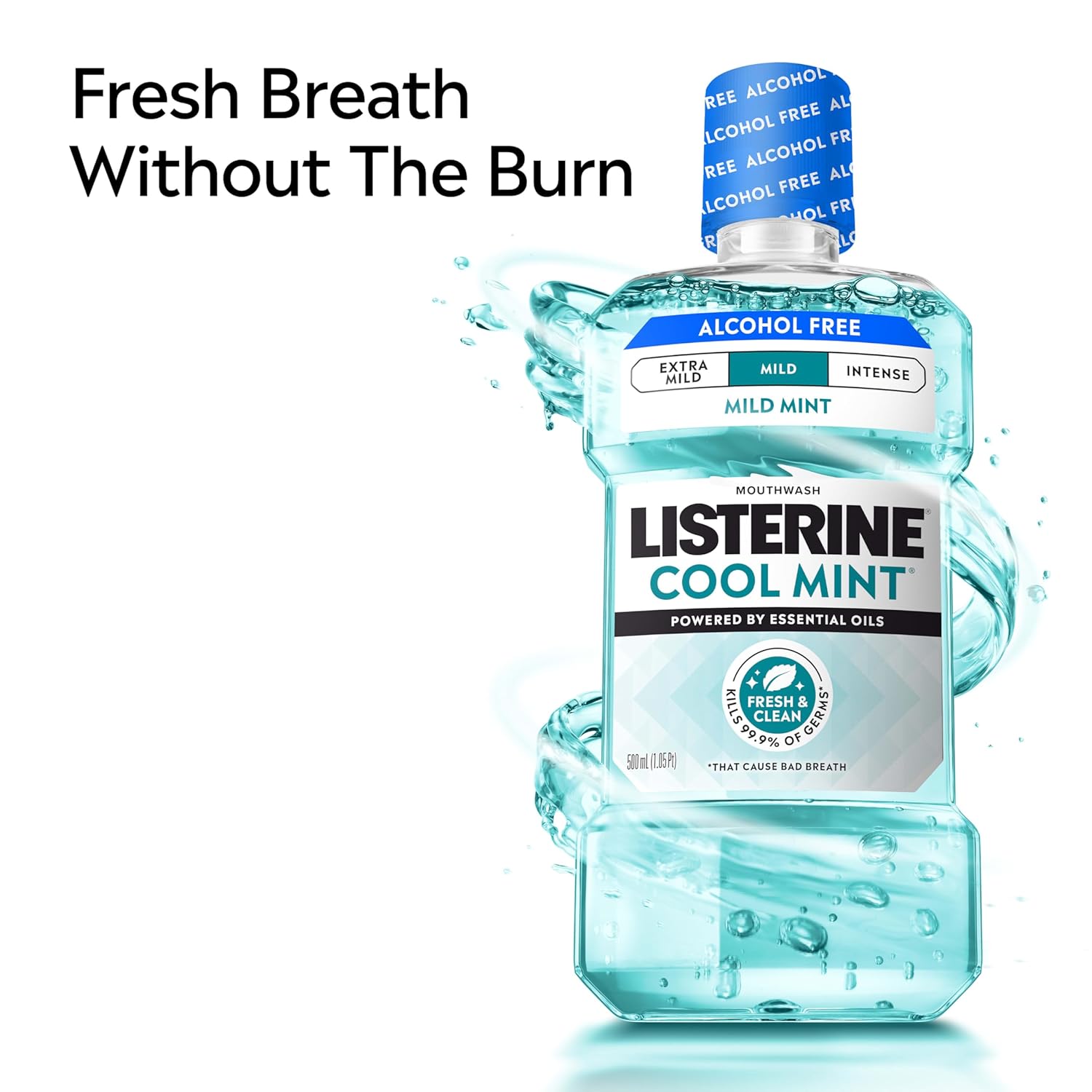
0 Comments